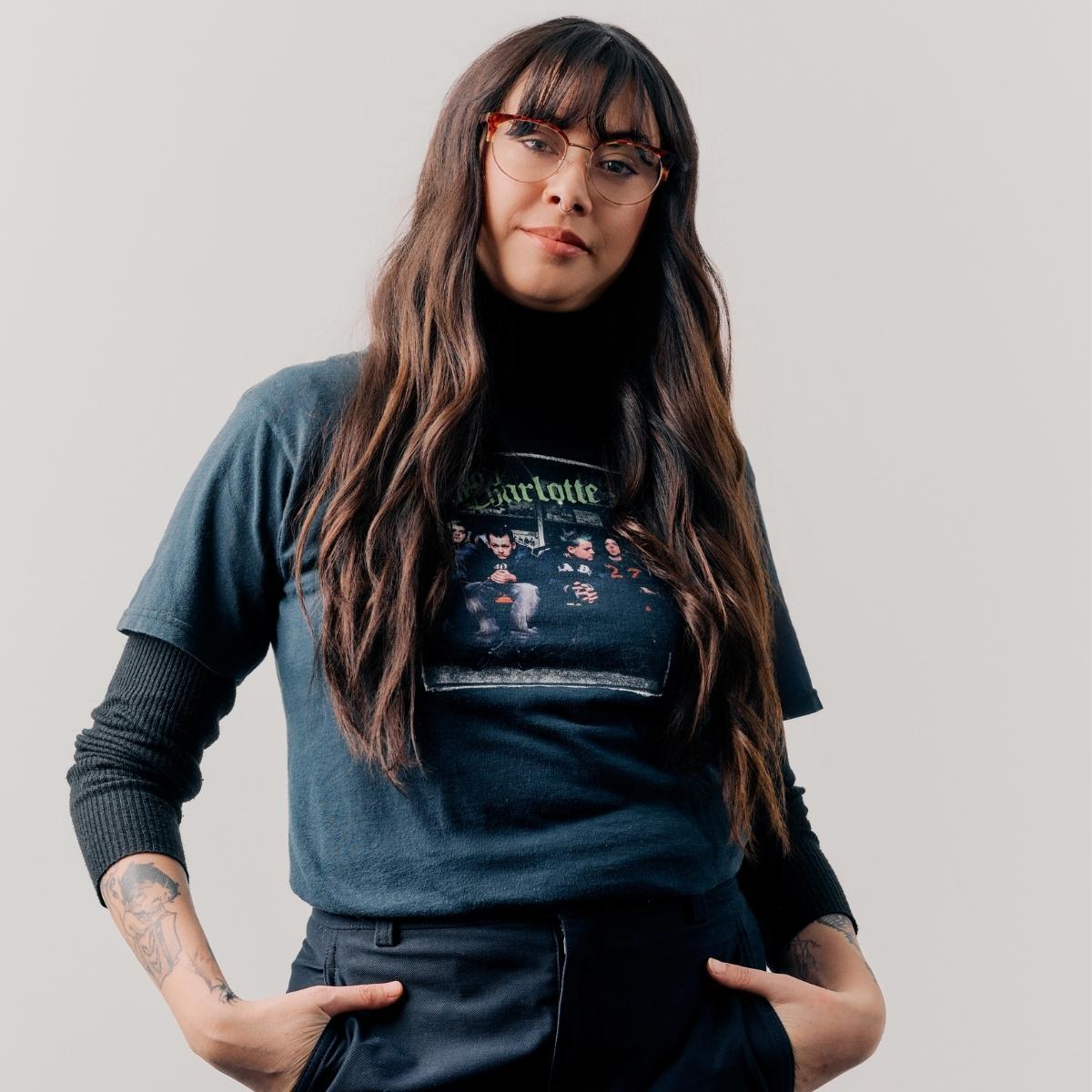Marlene Cummins is an institution.
Known as Australia's foremost Aboriginal blues performer, she is also identified as a jazz singer, saxophonist, songwriter, artist, activist, broadcaster, dancer, actor and filmmaker. But somehow, she is so much more than even that.
"I grew up in the outback of Queensland, and you didn't hear blues played on the radio then, or as we called it, the wireless.
"It wasn't until I started hearing black singers that I gravitated toward certain styles. Ray Charles had this grit, this soulful kind of grit, even when he sang country.
"We were stifled by poverty and the political landscape of the Queensland Act, but I grew up with a love for live music, because my father was a great musician.
"He could play drums, bass, and steel guitar. Darcy Cummins had a band called the Opals – an acronym for the One People's Australia League.
"He was a pioneer in using music to bring people together. He organised OPAL dances, and black fellas would come far and wide, they'd walk all the way there.
"I love performing, it's in my DNA. I inherited it from my father, and his father was one of the best singer-songmen from a traditional perspective.
"He held a title from a traditional perspective, and then it came from my father in a contemporary way. But I also grew up with traditional song and dance, and I have performed traditional song and dance when the occasion called for it.
"I will probably sing a traditional song when I perform at the Canberra International Music Festival."
For decades, Cummins has been a leading figure in fighting for human rights. Her experiences partnering with the Australian Black Panther Party have been documented in the film 'Black Panther Woman', but, like most of her life, what she encountered there didn't deter her from pursuing what she knows is right.
In the blues, Cummins found connection in the common experience of injustice that black American artists were concurrently experiencing.
"As a young teenager trying to get work, I was subjected to a lot of violations regarding racial trauma and being vulnerable and being open to that.
"There was an organic gravitation to human rights issues, because I cut my teeth on Big Mama Thornton songs, and Coco Taylor, Ella Fitzgerald and Billie Holiday.
"Blues is born of a black experience regarding the political landscape, and that for me was a natural gravitation to sing songs of my own black experience in Australia. I put my Aboriginal stamp on the blues, on my style.
"I loved the genre of music, but I didn't want to imitate what African-American blues singers were singing about, because that was their experience.
"I thought 'well, I'll find a common connection'. I'll sing songs about stolen wages. I'll sing songs about stolen generations, songs like 'Big Shame': 'It's a big shame you gave me another name, it's a big, big shame.' That whole issue of stolen generations.
"I don't like the word activist, activism. I'm a humanist. The issues we sing and march about, they are human rights issues that we've fought for over these years, be it health, education, or social justice. And the oppressors have a tendency to give you a name that devalues that. I'm about human rights."
Cummins is candid about her experiences, because she truly understands the power of story and human connection.
"I ain't afraid to share the fact that I've been in recovery from alcohol and drugs. To me, I see it as a gift of life. I can share it with anybody who's experienced it and say 'hey, I've been down that road'. Till the day I leave this earth, I will always be available for anyone.
"I want to give people hope in regards to the separation, the despair of being an addict. And that goes for anyone from any background, we find those common ground blues of being knocked down into the desperation of addiction.
"Some of us are afflicted with these issues. I was homeless and aimless, a lot of my brothers and sisters were institutionalised. I had such low self-esteem, I even self-harmed.
"I never dreamed I would achieve the things I have today. I've played in New Orleans and Boston, I've had my blues show on Koori Radio for over 30 years. I've played at World Pride and MCd the Yabun Festival, and still do at the tender age of 69.
"I've survived it, I've come through and my healing comes from telling those stories. See I'm in this business not to be a star.
"I bring my culture with me, I bring the history through my blues, of the injustices that still need to be resolved in this country.
"I share my strength and experiences to give hope, to inspire people who've been down that road. I have that gift of life for someone else, and you can't put a price on that."
Always so generous with her gifts, Cummins has been sharing her stories through busking on Newtown's King St in Sydney for over 20 years, where her experiences have been largely positive, although odd occasions have proven sinister.
"It doesn't matter what good you do, darkness will come along and test you. That's just something that's always there, that we have to live with and deal with, and have a conscience about doing our part.
"It has happened, but never enough to deter me. I still keep going back. I like to think, it'd be nice if one day, when I leave this earth, they'll erect some statue of me there playing my saxophone up there somewhere."
We hope so too.
Marlene Cummins performs at Fairfax Theatre @ National Gallery Of Australia on 30 April as part of 2023 Canberra International Music Festival, which runs 27 April until 7 May.








